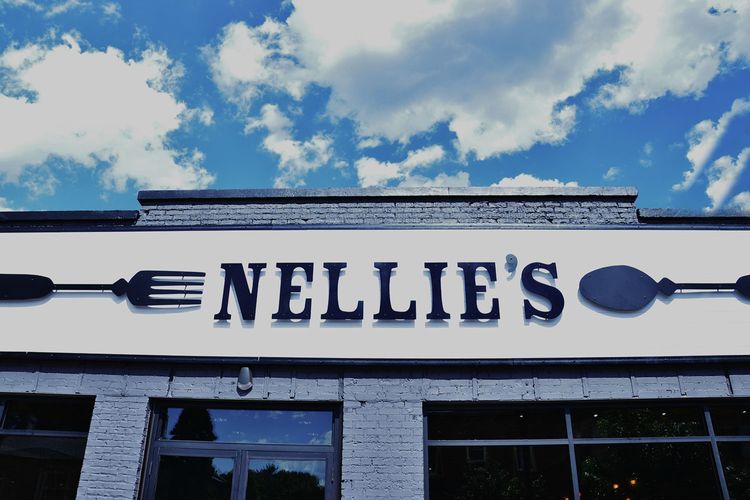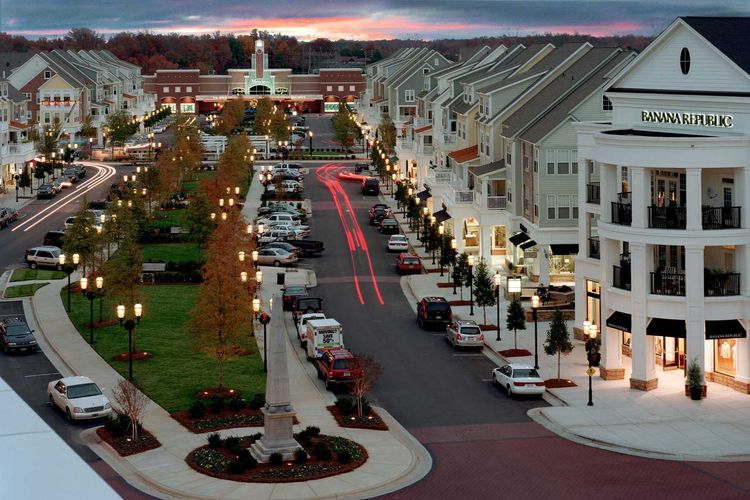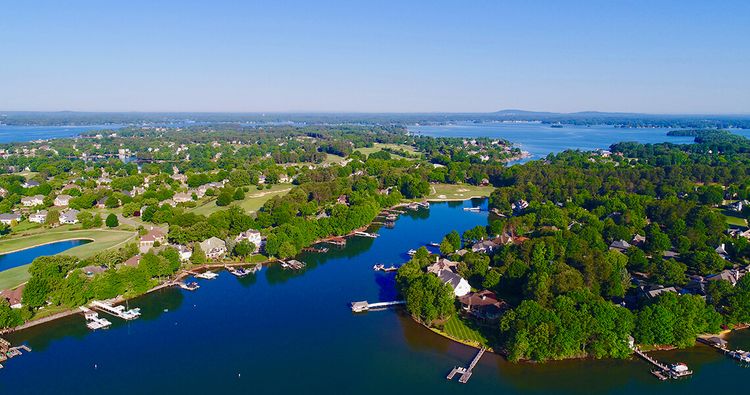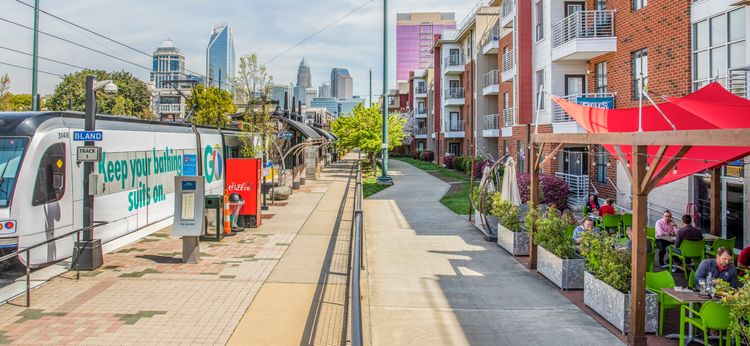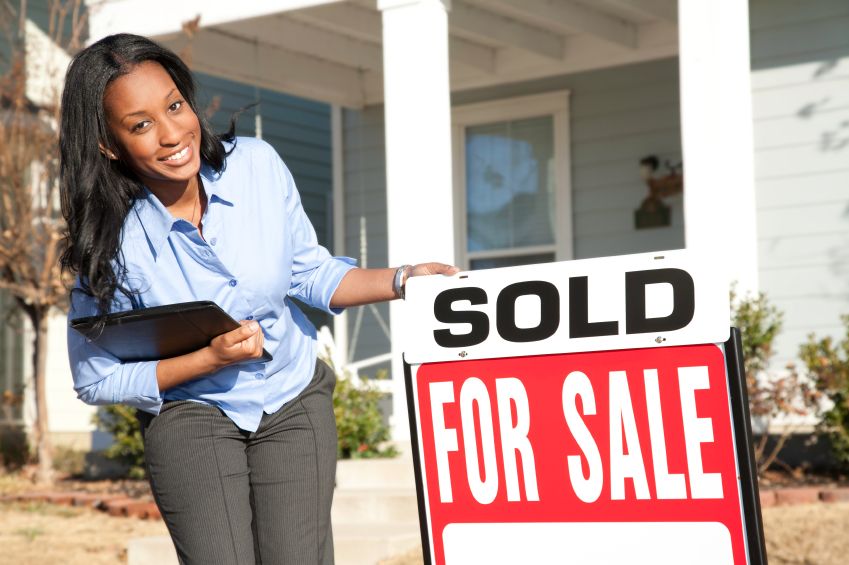
Are you a first-time homebuyer? If so, congratulations! Buying a home is a huge milestone.
It’s also a once-in-a-lifetime decision for many, and one that shouldn’t be taken lightly. Before you start working with a real estate agent, there are some important questions you need to ask.
Here are the top questions to ask your realtor when you’re buying your first home:
How much experience do you have?
Work with an agent who has a lot of experience. After all, buying a home is a complex process. You need someone who understands the ins and outs of the real estate market and can help you navigate the process. Ask how long they’ve been in the business and how many homes they’ve sold.
What to look for when touring houses?
When you’re looking at houses, it’s easy to get caught up in the cosmetic features like paint color, flooring, and finishes. It’s important to remember that you’re buying a house, not just a pretty façade. So what should you be looking for when touring houses?
Here are a few things to keep in mind:
Location: The location of a house is important for a number of reasons. It can affect things like your daily commute, the quality of schools in the area, and even your insurance rates. Ask them about the location of any houses you’re considering.
Size: The size of the house is also important to think about. You need to make sure the house is big enough to comfortably accommodate your family (and any future family members) but you also don’t want to buy more house than you need.
Age: The age of the house can affect things like how much maintenance it will need and how soon you’ll need to make repairs or updates.
Condition: Consider the condition of the house. A fixer-upper may be a great deal, but it’s important to be aware of the work that will need to be done and the cost of those repairs.
Any Contingencies and Concessions You Should Have?
When you make an offer on a house, there are a number of contingencies and concessions you can include in your offer. Contingencies are conditions that must be met in order for the sale to go through. For example, you may include a contingency that says the sale is contingent on the results of a home inspection. Concessions, on the other hand, are requests you make of the seller. For example, you may ask the seller to pay for your closing costs.
Some common contingencies and concessions to consider include:
Home inspection contingency
Financing contingency
Appraisal contingency
Home sale contingency
Mortgage contingency
Insurance contingency
Lead-based paint disclosure
Title insurance
Closing costs
Do you have a preferred mortgage lender you recommend?
If you're needing to finance the home with a mortgage, ask your realtor if they have a preferred lender or loan officer that they've worked with. You want to make sure that you are getting pre-approved before looking at homes so you have the confidence in knowing you are able to make a strong offer, and afford it. There are a lot of loan officers and lenders out there but we recommend Movement Mortgage and our top officer there, Riley Pitt. You can find a link to her website on the Move2Now homepage under 'pre-approval' or click here: https://lo.movement.com/riley-pitt/home.

What expenses should I expect afterward?
Once you’ve bought your house, there are still a few expenses you need to be prepared for. In addition to your mortgage payment, you’ll also need to budget for things like insurance, property taxes, and utilities. You may also need to make repairs or updates to the house.
Can you see any issues with this house?
As a buyer, it’s important to be aware of any potential issues with the house you’re considering. Your realtor should be able to point out any major problems but they may not think to mention smaller issues like a cracked foundation or a leaky roof. Be sure to ask if there are any problems with the house so you can be prepared to deal with them.
Why is the home for sale?
When you’re considering a house, it’s always a good idea to find out why the seller is moving. Is it because they’re being transferred for work? Are they downsizing now that their kids are grown? Knowing the reason for the sale can give you some insight into the seller’s motivation.
Is it the right price for the house?
It’s important to make sure you’re not paying more than you should for your new home. Be sure to ask your realtor if the asking price is in line with comparable homes in the area.
What are the closing costs?
Closing costs are the fees you’ll need to pay in order to finalize the purchase of your home. These fees can vary depending on a number of factors, but they typically range from 2% to 5% of the purchase price.
Some common closing costs include:
Mortgage origination fee
Appraisal fee
Home inspection fee
Title insurance
Attorney’s fees
Settlement costs
Do you specialize in any particular type of home?
Some real estate agents specialize in certain types of homes. For example, some agents may specialize in selling starter homes, while others may specialize in selling luxury homes. Inquire if they specialize in any particular type of home. That way, you can be sure you’re working with an agent who is knowledgeable about the type of home you’re interested in.
What’s your process for finding homes for buyers?
When you’re buying a home, you want to make sure you’re working with a real estate agent who has a process for finding homes that meet your specific needs and wants. How they go about finding homes for their buyers? Find out if they have a specific process they follow or if they simply search for homes that are currently on the market.

What are your thoughts on XYZ neighborhood?
Chances are you have a specific neighborhood in mind. Before you start working with a real estate agent, it’s a good idea to ask their thoughts on the neighborhood you’re interested in. Find out if they think it’s a good fit for your needs and wants. Ask them about the area’s schools, safety, and overall quality of life.
What’s a fair price for a home in this area?
When you’re buying a home, you want to make sure you’re paying a fair price. After all, you don’t want to overpay for your new home. What do they think would be a fair price for a home in the area you’re interested in? It gives a good idea of what you should be paying for a home in that particular area.
Can you help me find a home that’s within my budget?
Just because you’re buying a home doesn’t mean you have to spend a fortune. If you’re on a budget, it’s important to let your real estate agent know. They can then help you find a home that’s within your budget. Ask your agent how they can help you find a home that’s affordable for you.
What are your thoughts on XYZ home?
If you’ve already found a home you’re interested in, it’s a good idea to get your realtor’s opinion on it. Ask them what they think of the home. Do they think it’s a good deal? Are there any potential red flags they see? Their opinion can help you make a decision on whether or not to put an offer on the home.
Am I getting the right deal on my new home?
When you’re buying a home, you want to be sure you’re getting the best deal possible. Ask how you can be sure you’re getting the best deal on your new home. They may have some helpful advice on how to negotiation, how to get pre-approved for a loan, and more.
Asking the right questions is crucial when you’re buying your first home. By asking your realtor the questions on this list, you can be sure you’re getting the best possible deal on your new home. You want to be sure you’re working with a real estate agent and lender you can trust. Asking the right questions can also help you find the perfect agent for you.
